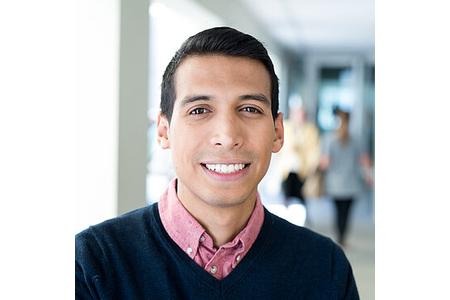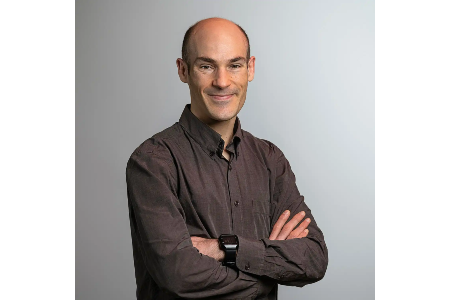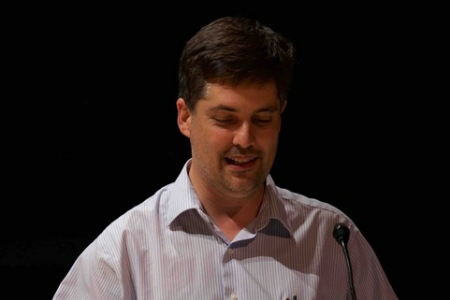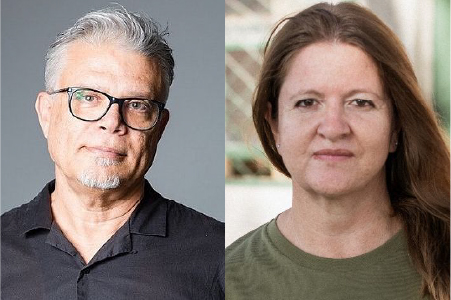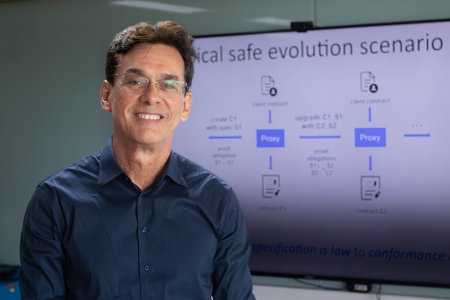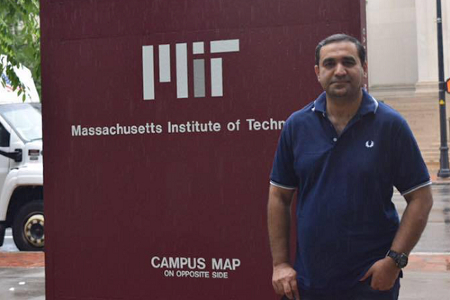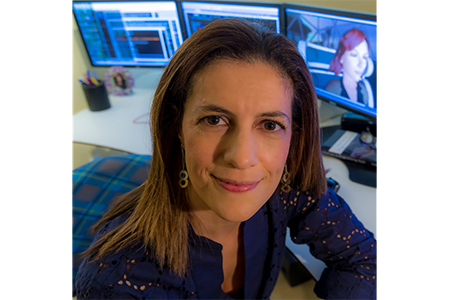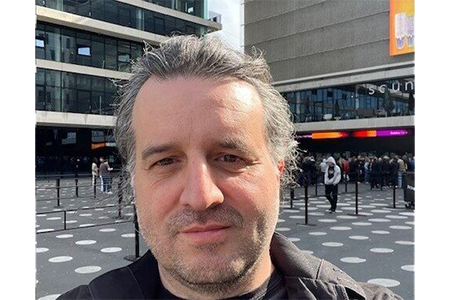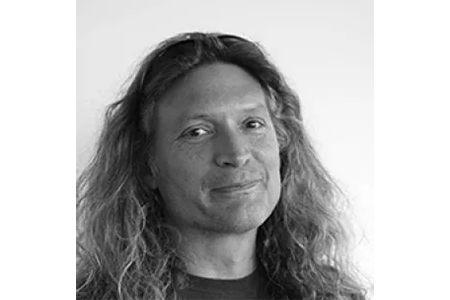The talk “Immersive Media and the Colombian Armed Conflict: Rethinking Journalism Through 360º Storytelling” will be presented July the 10th, at 16:30, na in room B010, and will be moderated by António Baía Reis (Assistant Professor and Marie Skłodowska-Curie Postdoctoral Fellow – Department of Sociology and Communication, University of Salamanca, Spain).
Abstract:
This talk presents research on the use of immersive media, specifically 360º video technology, as a journalistic tool for covering the Colombian armed conflict and promoting narratives of peacebuilding. Drawing on a qualitative multiple-case study, the speaker explores four immersive projects that document post-conflict experiences from the perspectives of victims and former combatants.The presentation will examine the motivations behind the adoption of immersive technologies in these contexts and critically reflect on their potential, limitations, and ethical implications. Particular attention will be given to the emotional and narrative impact of immersive storytelling, as well as concerns regarding image manipulation and journalistic independence. By highlighting good practices and identifying key challenges, this talk contributes to a broader understanding of the role immersive media can play in conflict reporting and peace communication, offering valuable insights for journalists, media professionals, and scholars interested in emerging storytelling formats. In an increasingly polarized and crisis-driven world, this research invites reflection on how immersive journalism can foster deeper engagement with complex realities.
About the Speaker:
Andrés David Castro Lotero is a teacher of Spanish language with a focus on Culture and Economics and a Ph.D. candidate in Communication Sciences at the University of Passau since 2019. He has previously studied Communication and Journalism in Colombia and did a master’s degree in Development Studies at the University of Passau. His research interest is mainly the use of new media in the development of vulnerable communities and peacebuilding, especially in Latin American contexts.
